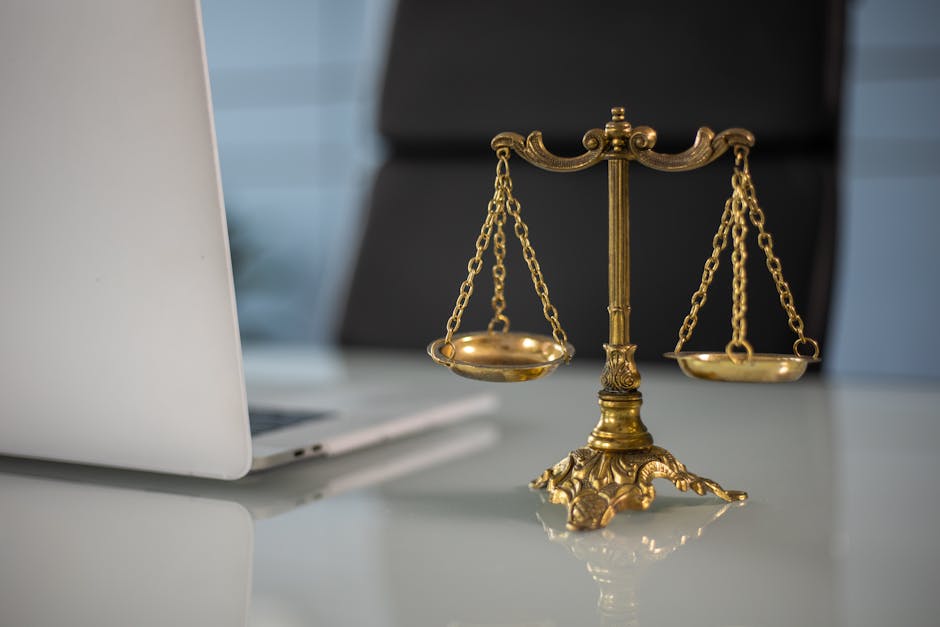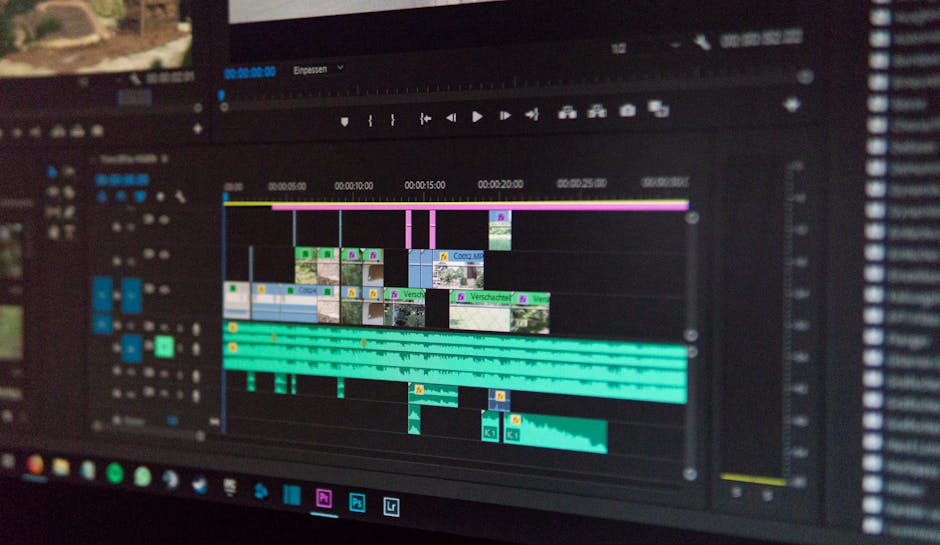Exploring the Depths of Modern Media Ethics
Welcome to the digital age, where information flows freely, and the media landscape is ever-evolving. As we navigate this complex terrain, the importance of ethical considerations in media practices becomes increasingly crucial. From fake news to invasion of privacy, the ethical dilemmas faced by modern media practitioners are diverse and challenging. In this article, we will delve into the world of modern media ethics, exploring its various dimensions, implications, and controversies. Join us on this journey as we unravel the intricate web of ethics in the digital age.
The Evolution of Media Ethics

Media ethics have a long history, dating back to the early days of journalism. The Society of Professional Journalists (SPJ) published the first known code of ethics for journalists in 1926, emphasizing the importance of truth, accuracy, and fairness in reporting. However, with the rise of digital media and social platforms, the landscape of media ethics has undergone significant transformations. Today, media ethics encompass a wide range of issues, including data privacy, misinformation, and the impact of technology on journalistic practices.
In the digital age, the speed at which information travels has raised new ethical challenges for media professionals. The pressure to break news first, coupled with the rise of clickbait headlines, has led to a proliferation of misinformation and sensationalism in the media. As media organizations strive to capture audience attention in a crowded digital space, the line between ethical reporting and sensationalism has become increasingly blurred.
Transparency and Accountability

Transparency and accountability are at the core of modern media ethics. In an era where anyone with a smartphone can become a citizen journalist, the boundaries between professional journalists and social media influencers have become less defined. This shift has raised questions about who holds the responsibility for ensuring ethical standards in media content.
Social media platforms like Facebook and Twitter have faced criticism for their role in spreading misinformation and facilitating the spread of fake news. The Cambridge Analytica scandal, where personal data of millions of Facebook users was harvested without their consent for political purposes, highlighted the need for greater transparency and accountability in media practices. As media organizations grapple with the challenges of the digital age, ensuring transparency in reporting and holding themselves accountable for their content is more important than ever.
Data Privacy and Security

One of the most pressing ethical issues in modern media is the protection of data privacy and security. In an age where personal information is collected, stored, and shared on a massive scale, media organizations must navigate the delicate balance between providing personalized content and respecting user privacy.
The General Data Protection Regulation (GDPR) introduced in the European Union in 2018 set new standards for data privacy and security, requiring companies to obtain explicit consent from users before collecting their data. This landmark legislation has had far-reaching implications for media organizations worldwide, forcing them to reevaluate their data collection practices and ensure compliance with stringent privacy regulations.
Diversity and Inclusion

Another critical aspect of modern media ethics is the promotion of diversity and inclusion in media content. The media plays a powerful role in shaping public perceptions and attitudes, making it essential for media organizations to reflect the diverse voices and experiences of society.
Representation matters, and media professionals have a responsibility to ensure that their content is inclusive and reflective of the broader community. From diverse casting in films and TV shows to equitable representation in news reporting, promoting diversity and inclusion in media content is not only an ethical imperative but also a strategic advantage for media organizations seeking to connect with a diverse audience.
Ethical Challenges in the Digital Age
The digital age has brought about a host of ethical challenges for media practitioners, from the rapid spread of fake news to the manipulation of algorithms for political gain. As media organizations grapple with these challenges, it is essential to uphold ethical standards and prioritize the public interest above all else.
One of the most significant ethical dilemmas facing modern media is the proliferation of fake news and misinformation. The ease with which false information can be spread online has led to widespread confusion and mistrust in traditional media sources. In an era of deepfakes and manipulated images, distinguishing fact from fiction has become increasingly challenging, raising questions about the role of media organizations in combating misinformation.
The Future of Media Ethics
As we look to the future, the landscape of media ethics is likely to continue evolving in response to technological advancements and shifting societal norms. The rise of artificial intelligence and automated content creation poses new ethical challenges for media organizations, requiring them to strike a balance between efficiency and ethical standards.
Emerging technologies such as virtual reality and augmented reality offer exciting possibilities for media storytelling but also raise questions about the ethics of immersive media experiences. How can media organizations ensure the ethical use of these technologies while engaging audiences in new and innovative ways?
Conclusion
Modern media ethics is a complex and multifaceted field that requires careful consideration and thoughtful reflection. As media practitioners navigate the challenges of the digital age, upholding ethical standards and prioritizing the public interest are more critical than ever. Transparency, accountability, diversity, and inclusion are not just buzzwords but guiding principles that should inform every aspect of media content creation.
By understanding the ethical implications of their work and striving to uphold the highest standards of integrity, media professionals can build trust with their audience and contribute to a more informed and ethical media landscape. As we continue to grapple with the ethical challenges of the digital age, let us remember that ethics are not just a set of rules to be followed but a compass guiding us towards a more ethical and responsible media future.
To wrap things up, modern media ethics require a commitment to truth, fairness, and accountability in all aspects of media content creation. By embracing these principles, media organizations can navigate the complexities of the digital age with integrity and purpose, shaping a more ethical and inclusive media landscape for generations to come.




